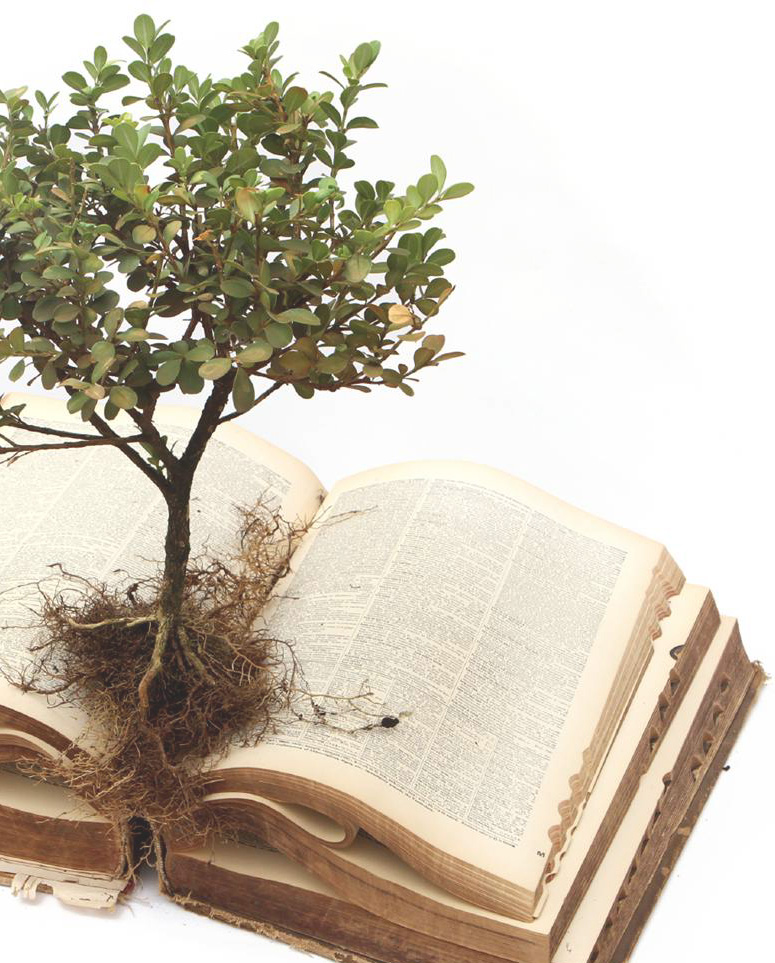

Aaron J. Powner, M.Ed.
High School Science Teacher
![]() You Are Here | home › courses › philosophy of science › practices
You Are Here | home › courses › philosophy of science › practices
1. Notice interesting objects or phenomena
2. Try to understand them
3. Use this information to do something useful
Observation and Inquiry
- Perceive an object or phenomenon
- Formulate questions
Literature Review
- Has anyone already studied this object or phenomenon?
- Review all existing knowledge related to the questions
Hypothesis and Prediction
- Based on observations and literature review, propose an answer to the question
- Predict what will happen if the hypothesis is tested using an "If..., then..." statement.
Experimental Design
- A good experiment will test important variables of the prediction one at a time
- Independent Variable (aka Manipulated Variable) - the condition that is changed on purpose to see what happens
- Dependent Variable (aka Responding Vairable) - the measurment of what happens as a result of the changed independent variable
- Control - the version of the test in which the independent variable is not changed - natural conditions
- Trials - repetitions of each version of an experiment to gather large pools of data
- Data Table - a method for recording data in an organized way
Infer Meaning
- Analysis of the data to determine what the results mean
- Quantitative Data - measurements that produce numeric data
- Qualitative Data - observations recorded during the experiment (non-numeric)
- Statistical Analysis - graphing data to find patterns, finding mean/media/mode of data, calculating standard deviation and percent error (degree of certainty)
Draw Conclusions
- State whether the data supports or refutes the hypothesis
- Use logical arguments
- Identify potential sources of error
Reporting Findings
- Formal article to communicate findings/discoveries
- Elements of formal report include:
- Anstract
- Introduction
- Materials and Methods
- Results
- Discussion
- Acknowledgments
- References
- Guide to Writing Science Journal Articles
- Example Professional Sciene Journal Article
Peer Review
- Other scientists in similar fields of research are invited to read the journal article before it is published
- Once published, science research facilities commision groups of researchers to repeat imporant experiments to verify the published findings
- These peers often communicate critiques of experimental design, further questions about the hypothesis, and suggest topics for further research
Define and Delimit a Problem
- What is the design for?
- What are the criteria and constraints of a successful solution?
Develop Possible Solutions
- Brain Storming
- Specifying solutions that meet the criteria and constraints
- Model and test solutions
Optimize Solutions
- Compare and improve solutions
- Select "best fit" solution
- Modification of criteria and constraints as needed
Every discovery leads to more questions or problemsEvery great scientist builds new knowledge upon the foundation laid by countless other scientists
Every scientific discovery is either an addition to or a correction of old knowledge
Scientific Publications and Journals